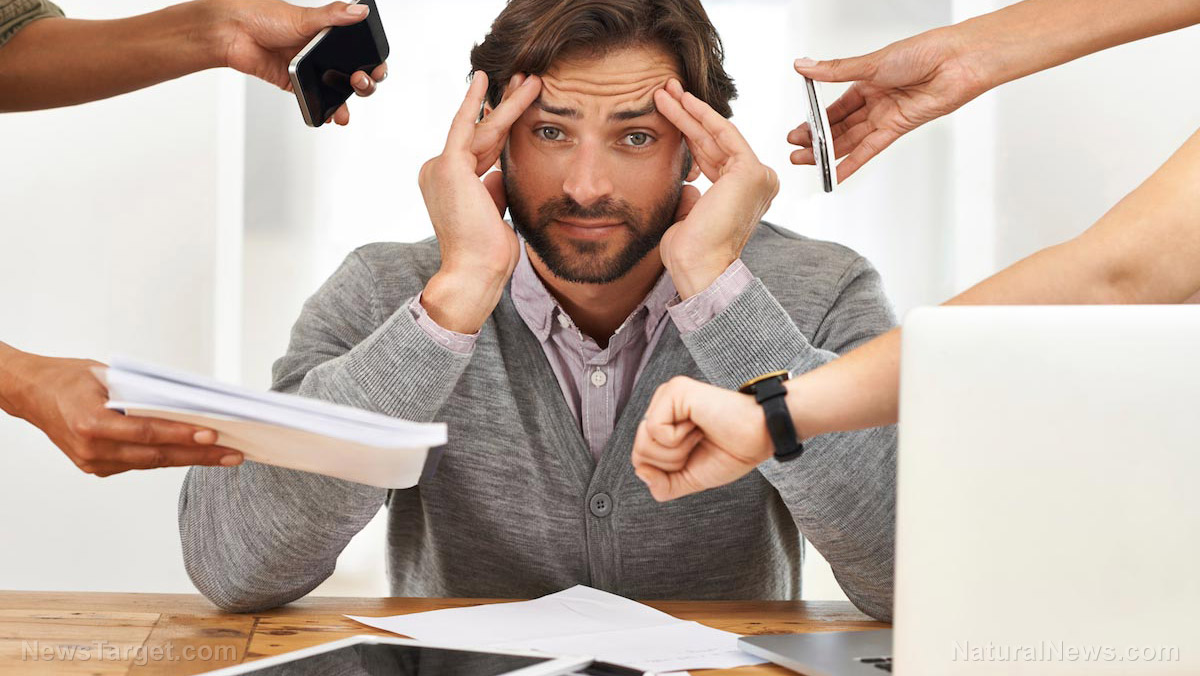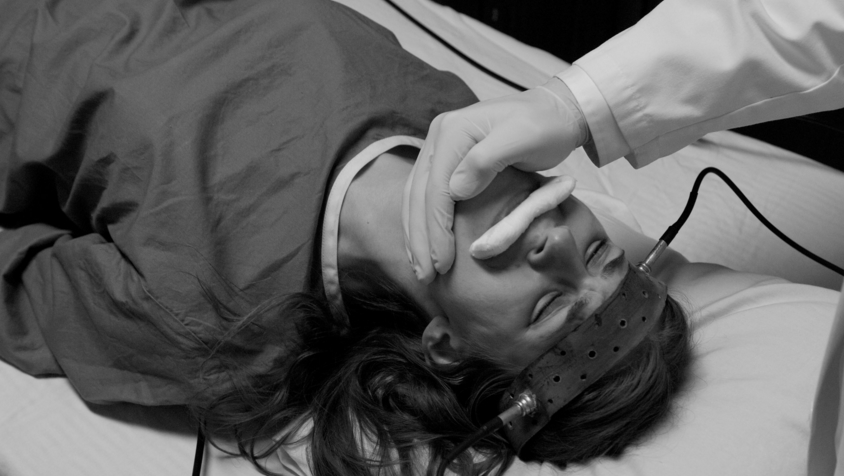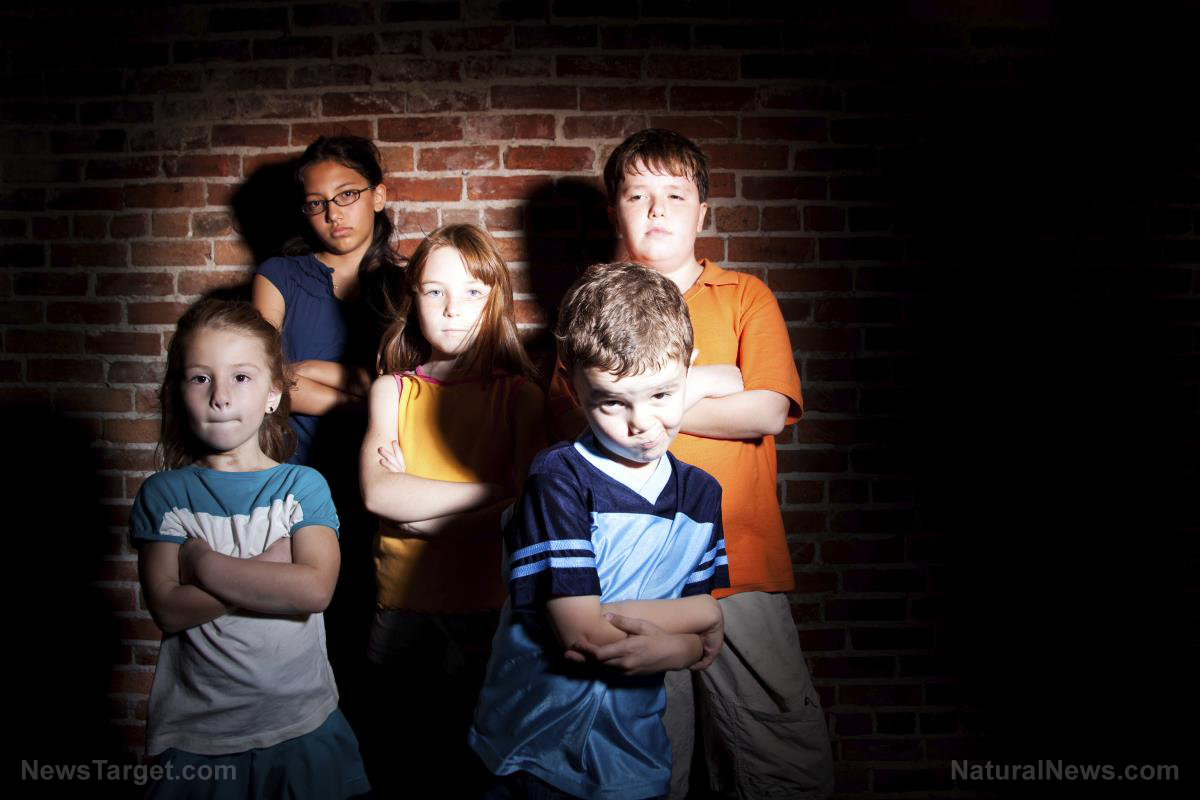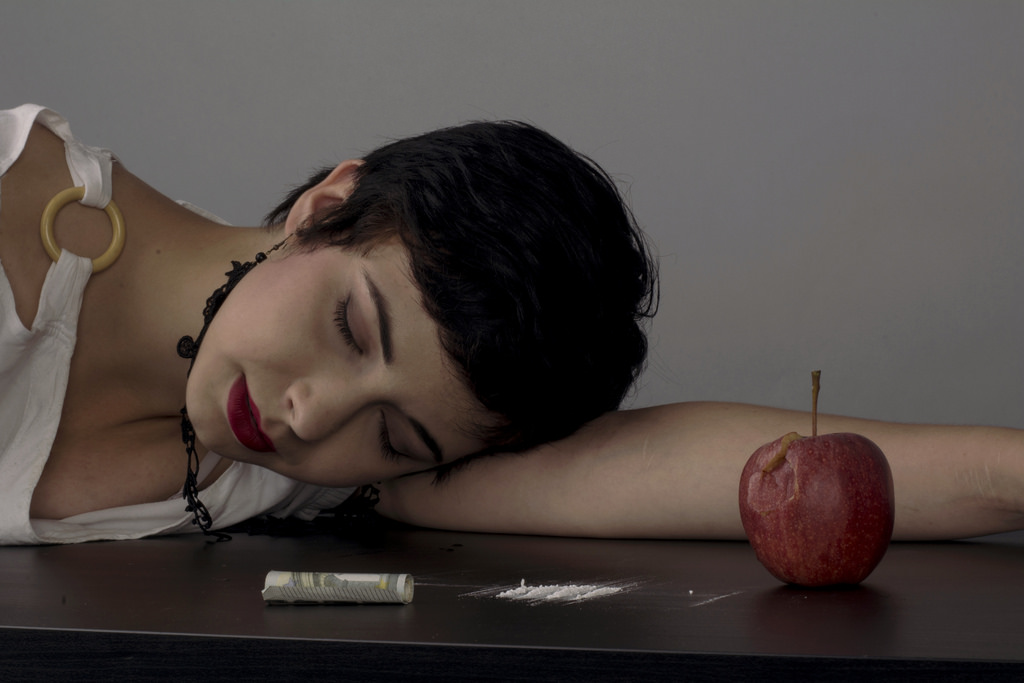DISTURBING report finds that 20 million American schoolchildren have been prescribed antidepressants
03/05/2019 / By Tracey Watson
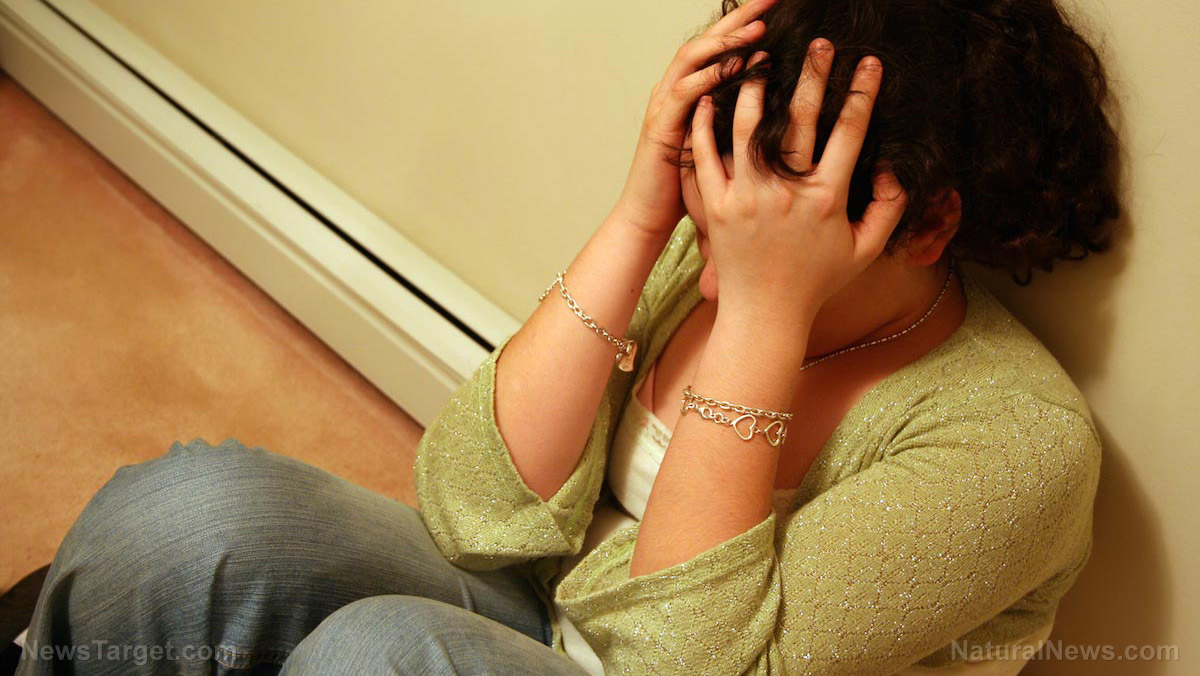
In many ways the world is a far more complex, difficult place to live in now than it was 20 or 30 years ago. Social media places children under increasing pressure – and at an ever decreasing age – to look perfect, have limitless “friends” and lead apparently perfect lives. Many parents work longer hours than in previous decades, leaving them with little time and energy to spend with their kids. And children are under immense pressure to perform academically and on the sports field.
In previous years, kids could generally be found playing outside with their friends or chatting to them on the phone, but modern society leaves children isolated from one another, spending more time with virtual “friends” than real-life ones. Many spend most of their time online, hardly ever venturing outside.
This toxic mix of external pressures and isolation can leave children, particularly those struggling through adolescence, feeling depressed and confused. The solution for many parents and healthcare professionals is to simply prescribe them antidepressant medications like selective serotonin reuptake inhibitors (SSRIs). This “solution” is so widely favored, in fact, that a disturbing report by the Citizens Commission on Human Rights found that around 20 million American schoolchildren have been prescribed these dangerous drugs.
Antidepressant use in children rises sharply in seven years
Antidepressant medications are, in fact, not recommended for children under the age of 18, but you would never know that if you were to judge by the way doctors hand out prescriptions for these drugs like candy.
According to the Daily Mail, a study recently published in the European Journal of Neuropsychopharmacology, which studied antidepressant use in children under the age of 18 in five western countries, found that there was an alarming increase in the number of prescriptions for these drugs between 2005 and 2012.
In Denmark, prescriptions for children increased by 60 percent; prescription numbers soared more than 54 percent in the United Kingdom; in Germany, they rose by 49 percent; the United States saw a 26 percent increase; and there was a 17 percent increase in antidepressant prescriptions for children in the Netherlands during that period.
This is shocking because a 2016 study published in the respected British Medical Journal, which evaluated the mental health of 18,500 children prescribed antidepressant medications, found that not only are the benefits of these drugs “below what is clinically relevant” (i.e. they don’t work), but children taking them are twice as likely to exhibit suicidal or aggressive behaviors than children who do not.
The study also found that the drug manufacturers are not only aware of this fact but that they actively try to hide the risks by labeling suicidal thoughts and suicide attempts as “worsening of depression” or “emotional liability” rather than admitting that they are side effects of the medication.
“Despite what you’ve been led to believe, antidepressants have repeatedly been shown in long-term scientific studies to worsen the course of mental illness — to say nothing of the risks of liver damage, bleeding, weight gain, sexual dysfunction, and reduced cognitive function they entail,” warned holistic women’s health psychiatrist, Dr. Kelly Brogan, writing for Green Med Info. “The dirtiest little secret of all is the fact that antidepressants are among the most difficult drugs to taper from, more so than alcohol and opiates.
“While you might call it ‘going through withdrawal,’ we medical professionals have been instructed to call it ‘discontinuation syndrome,’ which can be characterized by fiercely debilitating physical and psychological reactions. Moreover, antidepressants have a well-established history of causing violent side effects, including suicide and homicide. In fact, five of the top 10 most violence-inducing drugs have been found to be antidepressants.”
This doesn’t mean that our children need to be left to struggle through depression and isolation without any help, however. Experts recommend family, individual and other therapies, lifestyle changes including exercise and dietary changes, and spending more time outdoors with family and friends as healthy, side-effect-free ways to help kids cope.
Learn more about the dangers of antidepressant drugs at Psychiatry.news.
Sources include:
Tagged Under: adolescents, antidepressant drugs, Antidepressants, black box warning, child health, children, depression, isolation, kids, loneliness, mental health, Mental illness, mind body science, pharma drugs, social pressure, suicidal thoughts, suicide, teenagers, Teens

